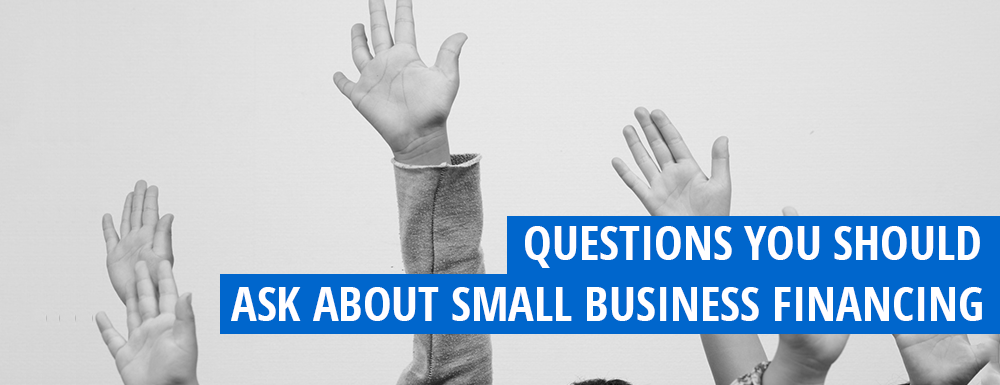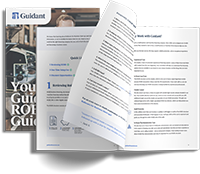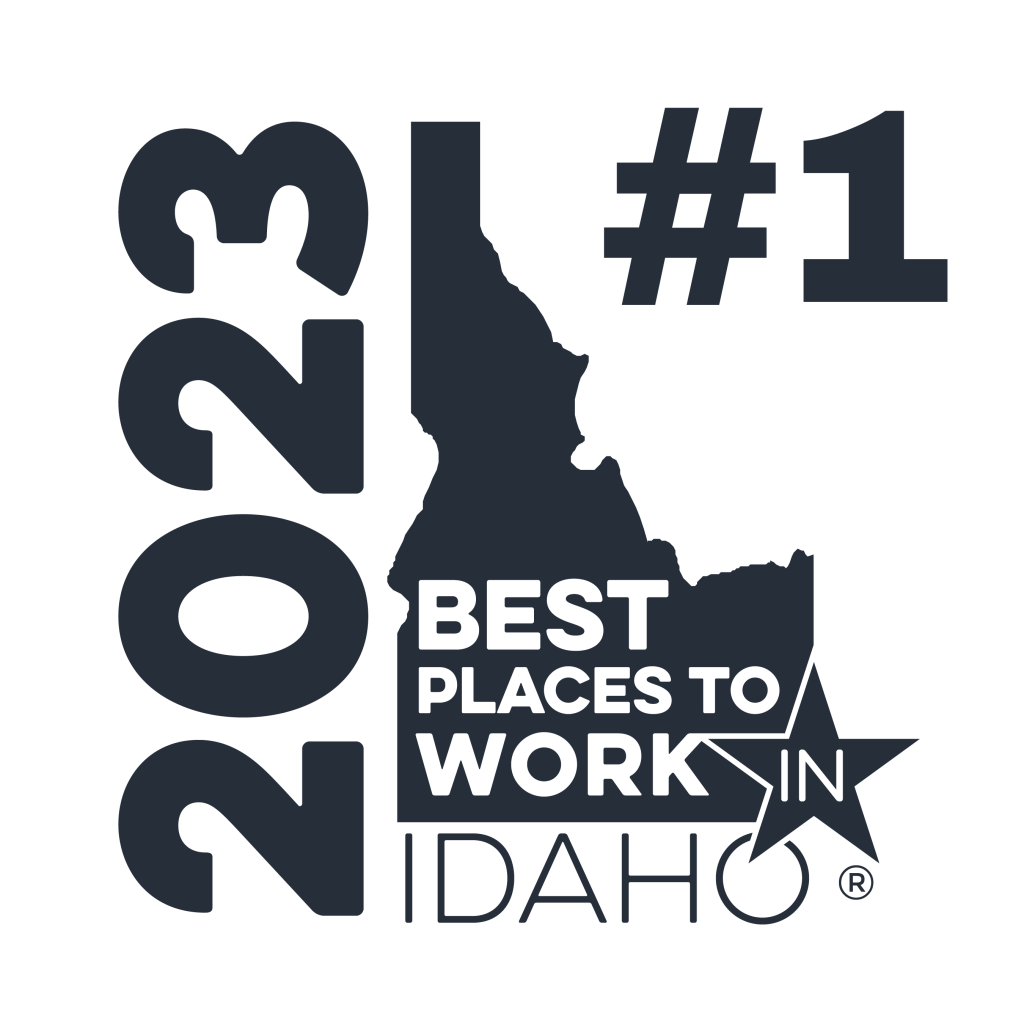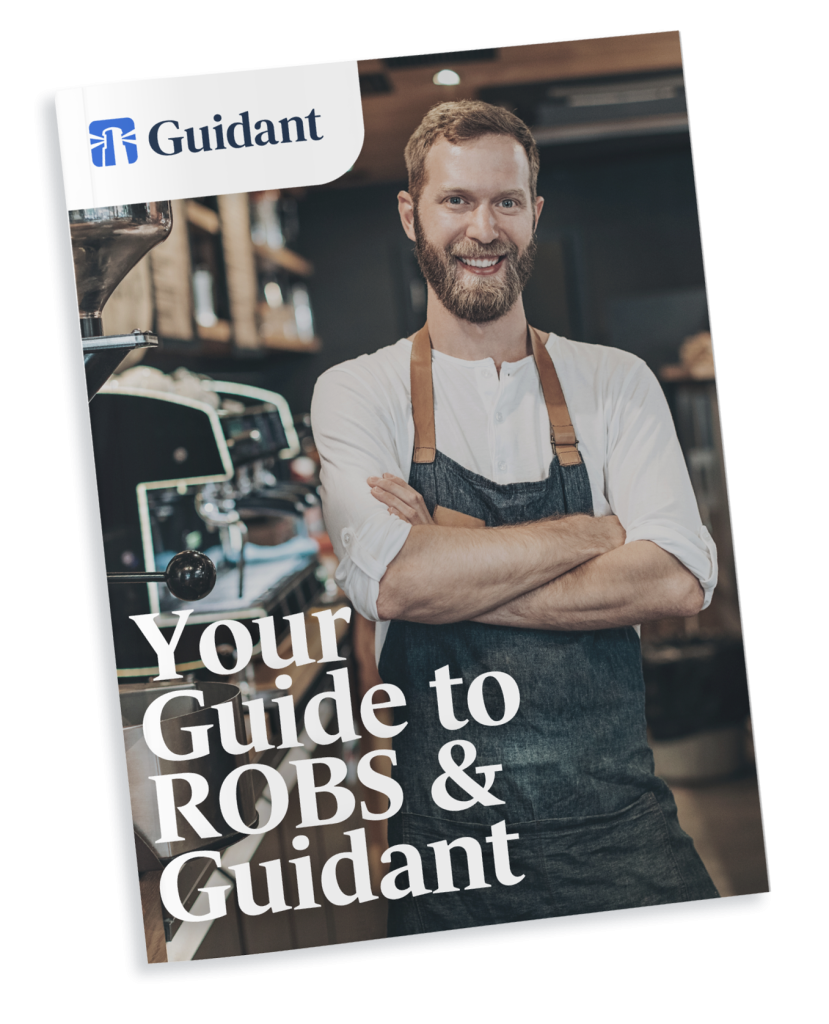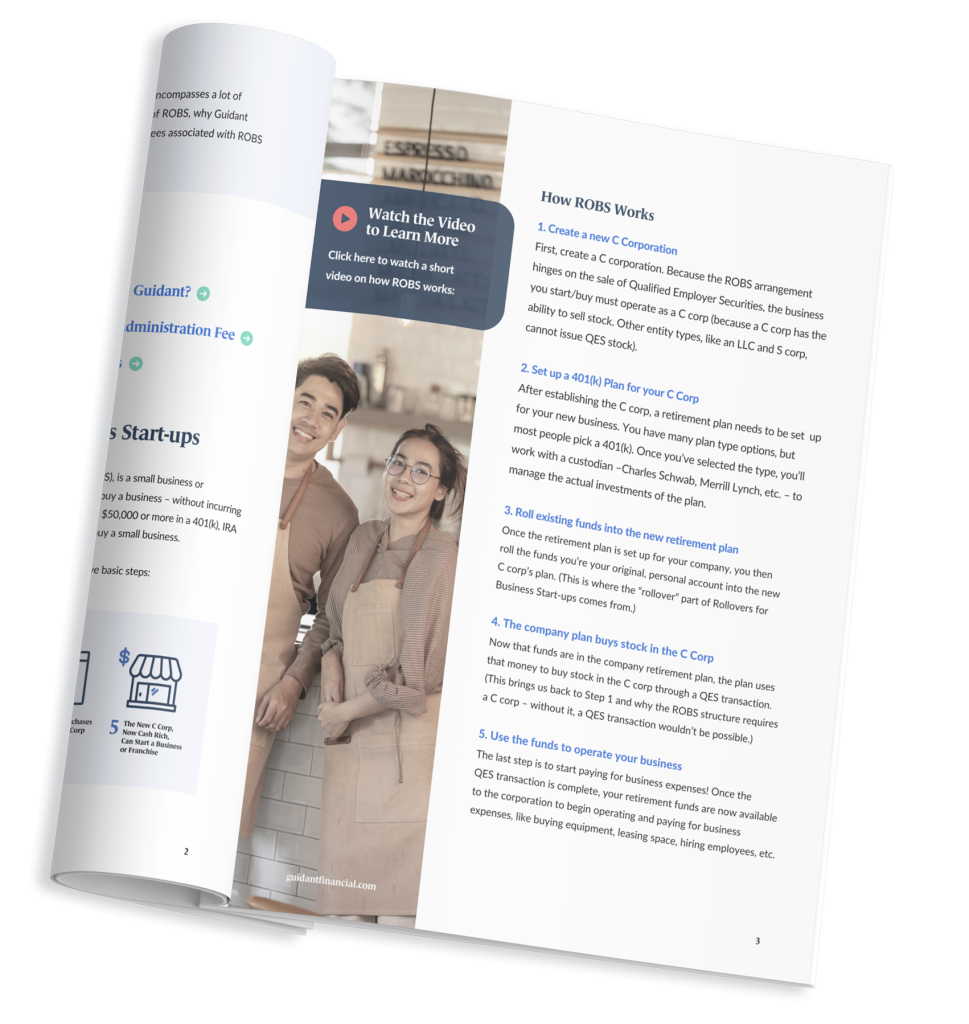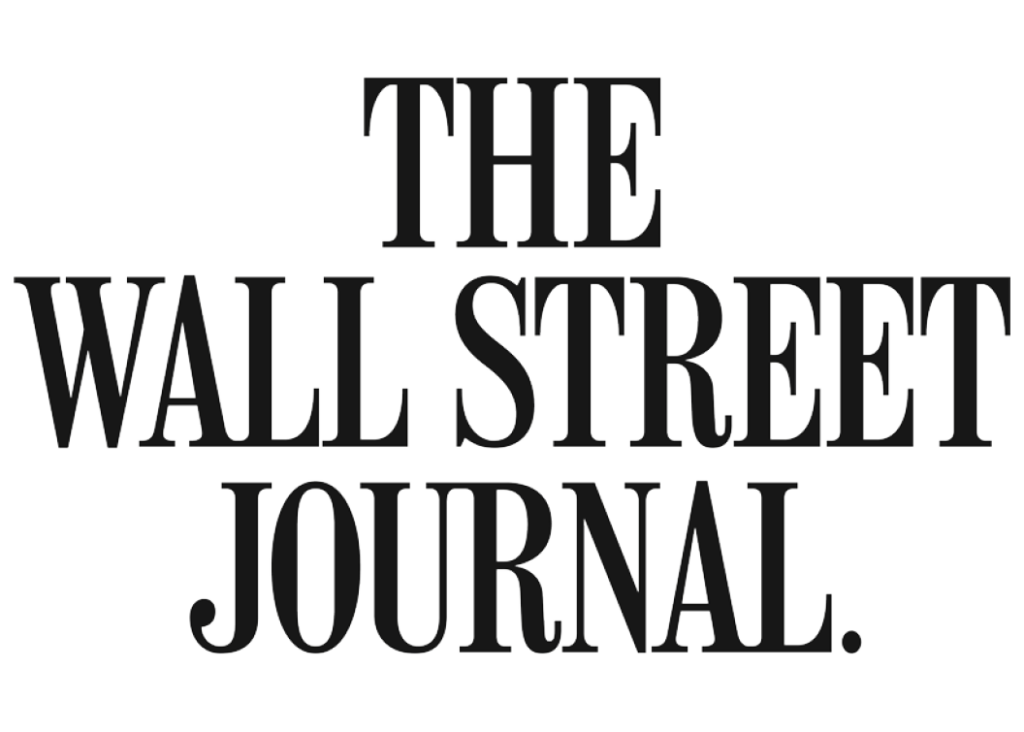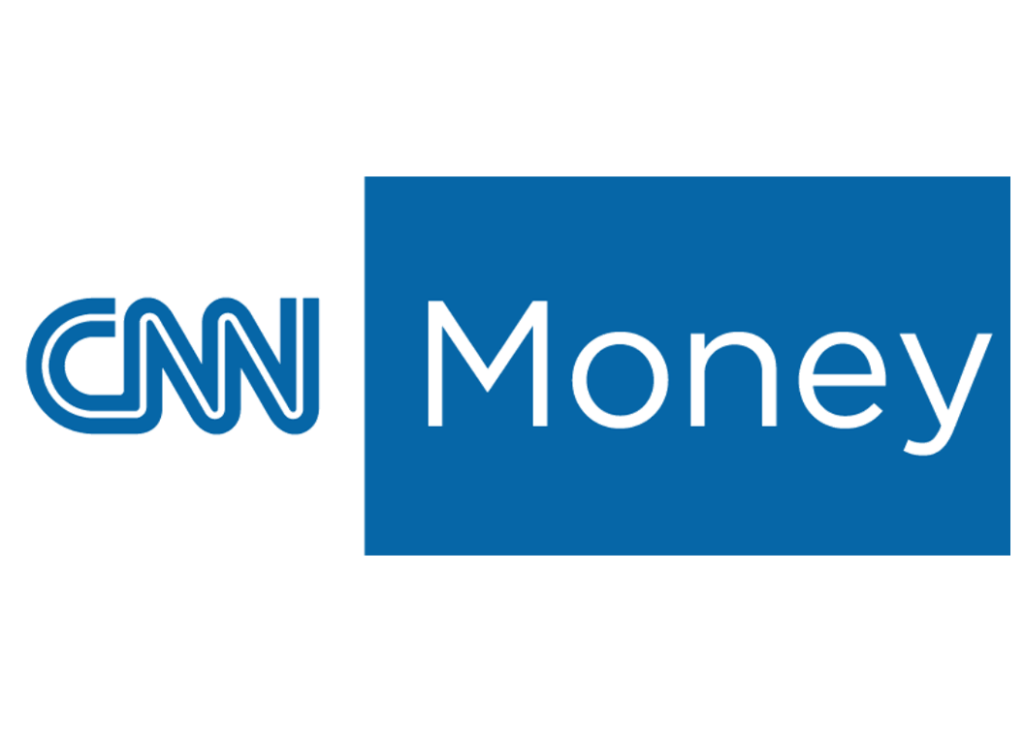Anyone buying, starting or expanding a business knows that small business funding options abound, everything from Small Business Administration loans to revolving lines of credit to 401(k) business financing. What’s often missing is guidance on how to choose the right financing method for your small business.
A lot goes into your decision: funding amount, interest rate, term, time to fund, credit score required, set-up fees, monthly payments and more. For added complexity, you may also choose to utilize a combination of funding sources to meet your funding goals. To make the best decision about the small business funding solution for you and your business, start by asking yourself these 7 fundamental questions:
1. Do you want to finance your small business with debt or equity?
In other words, are you comfortable taking on a new business loan or would you rather use savings or investments you already own to make the purchase? Debt needs to be repaid over time and will cost you interest. Eligibility and terms for debt financing also depend on your credit score. Meanwhile, equity financing usually doesn’t need to be repaid and the funds may come from outside investors or your own capital (stocks, retirement savings, investment portfolios, etc). What’s more, using equity as business financing doesn’t depend on your credit score.
If you’re comfortable with traditional debt financing, a loan backed by the Small Business Administration will most likely be your best bet. However, if you’d like to explore equity funding options, consider a portfolio loan, which allows you to leverage the value of your investment portfolio without liquidating, or Rollovers for Business Start-ups (ROBS), which can help you invest funds from a qualified retirement account (401(k), traditional IRA, SEP, etc.) into a business without incurring tax-penalties
2. Do you mind guaranteeing business debt with personal assets?
If you’re not interested in using equity to finance your business, SBA loans and most traditional business loans require you to collateralize with personal assets — often your house or other property. This carries with it the caveat of putting your home at risk should you default on the loan. If you’re not comfortable with that thought, the next best option in debt financing is an unsecured business loan, which doesn’t require any collateral, but you will need a strong credit score to qualify and will have to deal with higher interest rates if you plan to use it long term.
What’s more, debt financing requires you to contribute to the loan upfront, known as a down payment. In most cases, this amount can range from 20 – 30 percent of the total loan amount. Before applying for a loan, make sure you have enough liquid cash to meet the down payment requirements. (ROBS funds can also be used as the down payment for an SBA loan so you don’t have to pull from personal savings).
3. Can you afford the monthly payments?
For those who choose debt financing, remember that you may start repaying a loan in as little as 30 days, so you’ll probably have to pay out-of-pocket before your business revenue can cover the monthly payment. Make sure you calculate the monthly payments for different forms of financing and see which option is most affordable for you.
Compare the carrying costs of some of the most common financing methods here.
4. Is the cost of capital as low as it could be?
When researching small business funding, do your due diligence and look at several options before you make your final choice. For example, if you’re thinking about refinancing your home to take out capital, did you know leveraging your retirement funds instead through ROBS would save you money in interest and monthly payments?
Check out this cost of capital chart to learn more about the carrying costs associated with some of the most common forms of business financing.
5. How will it affect your credit score?
For most debt financing options, the potential lender will make a “hard” inquiry on your credit report, which could negatively impact your credit score. Even more so if you’ve had several hard inquiries in the last several months.
If your credit score is already on shaky ground, you might want to consider equity financing instead, where credit scores don’t play as much of a role. With ROBS, for example, no credit score is necessary, so there are no hard pulls. Learn more about the differing impacts of hard vs. soft credit inquiries.
6. What’s your timeline/target opening date?
Different business funding methods require varying amounts of time. Approval for an SBA loan could take up to four months, while getting funds from an unsecured loan may only take three weeks. Plan ahead to determine your ideal opening date, and work backward to figure out which financing option fits best in that timeline.
7. How will you use the proceeds?
Some business funding solutions are better suited for certain expenses than others. SBA Working Capital loans, as the name implies, are best for existing business owners who have already built their business’ physical infrastructure but need extra capital for day-to-day operations, paying salaries, etc. Be sure that what you plan to use the capital for is acceptable and fits within any parameters set forth by the lender.
Once you address these questions, you should have a clearer idea of what business funding method is best for you, but it’s always important to solicit advice from an expert. Guidant Financial offers free financing consultations with a small business expert to further guide you in your journey to business ownership. Schedule your no-obligation consultation today.

